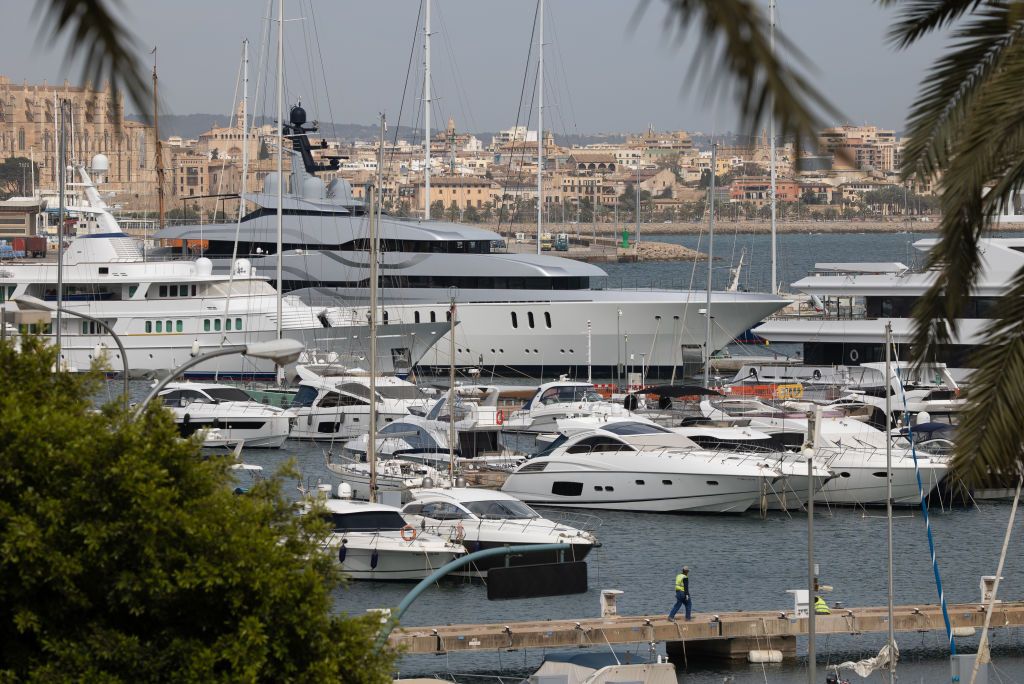Borrell: EU foreign ministers agree on plan to transfer profits from frozen Russian assets to Ukraine

European Union foreign ministers have reached a political agreement to finalize the work on transferring revenues from frozen Russian assets to Ukraine based on the proposal suggested in December, EU's top diplomat Josep Borrell said on Jan. 22.
"I'm almost sure this will be finalized soon… Discussions will continue on the level of ambassadors, but I see that the agreement is coming," Borrell told reporters following a meeting of the EU foreign ministers in Brussels.
He added that the EU aims to officially make the decision before the next meeting of the EU Foreign Affairs Council, scheduled for Feb. 19.
The EU proposed a plan on Dec. 12 to seize about 15 billion euros ($16.2 billion) in projected profits generated by frozen assets of Russia's Central Bank and transfer them to Ukraine.
The plan would reportedly require banks holding the assets to place profits in a separate bank account, which would then be transferred to the EU's budget on an annual basis in order to provide funding for Ukraine. The proposal must be approved by the European Parliament, and all 27 EU member states before it can be implemented.
Western countries have frozen over $300 billion in the Russian central bank's sovereign assets since the start of the full-scale invasion of Ukraine. Around two-thirds of the assets are held in European accounts, while only up to $5 billion are frozen at U.S. institutions.
Speaking at the Jan. 22 press conference, Borrell also promised that the EU would continue to provide Kyiv with "predictable assistance" and said he would travel to Ukraine in the first or second week of February.
"The ministers agreed that this is not the moment to weaken our support to Ukraine; on the contrary, it is the moment to do more and faster, with financial resources, military equipment, training for soldiers and all Ukrainians need to defend," he added.
Borrell also confirmed that the EU was seeking to reform the European Peace Facility, the current tool used for channeling military support to Ukraine, and create the Ukraine Assistance Fund with an annual budget of about five billion euros.













